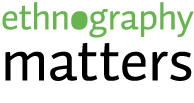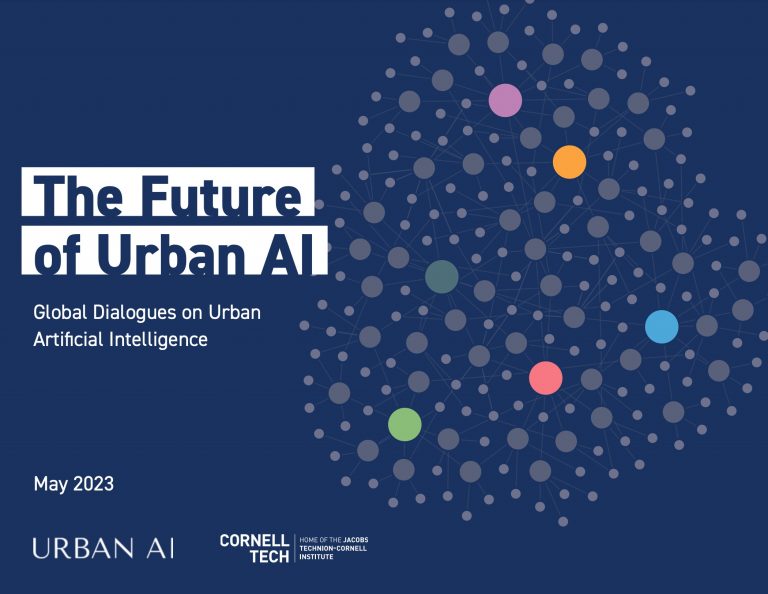EthnographyMatters on the relationships between ethnography, fiction and design

This month’s theme of EthnographyMatters, edited by Nicolas Nova, is about the relationships between ethnography, speculative fiction and design.
“In design circles, the current interest in “design fiction†is geared towards exploring how prototyping and storytelling can benefit from each other. Design fiction use standard objects and media conventions as a way to express ideas about the future: a fake product catalogue, a map of a fictional area, a journal, a short video showing a day in the life of a person, etc. One can see design fiction as similar to science fiction in that the stories bring into focus certain matters-of-concern, such as how life is lived, questioning how technology is used and its implications, as well as speculating about the course of events… which is obviously close to what a certain kind of ethnography is interested in. This ability to flesh out the details of alternative futures can be seen as an intriguing form of speculative ethnography with a specific focus on original format.”
This month’s contributors are:
- Anne Galloway, an ethnographer interested in material, visual and discursive aspects of technology, will give her perspective on design ethnography and speculative fiction.
- Laura Forlano, from the Institute of Design at the Illinois Institute of Technology, will address what ethnographers can learn from science fiction and speculative design. Based on examples from design and popular culture, she will explore the generative and analytic potential of “design fictionâ€.
- Jan-Hendrik Passoth and Nicholas Rowland, both sociologists at TU Berlin, will address post-ironic ethnography, reportage style and David Foster Wallace.



